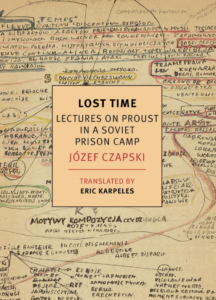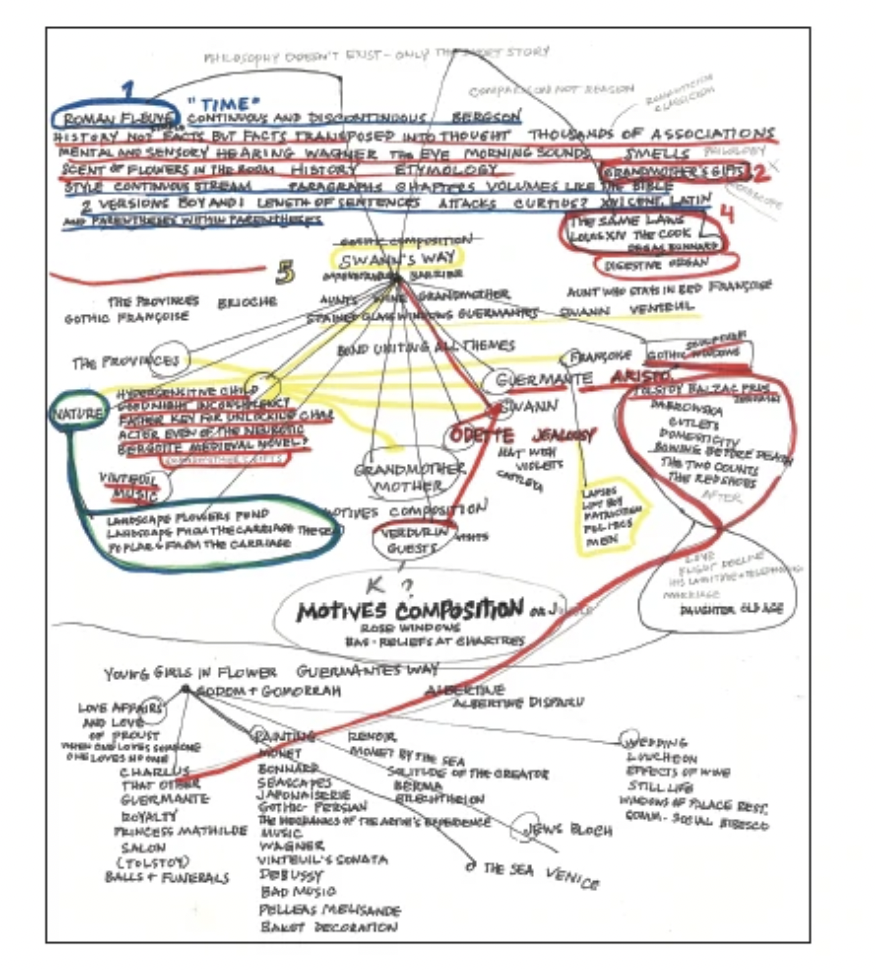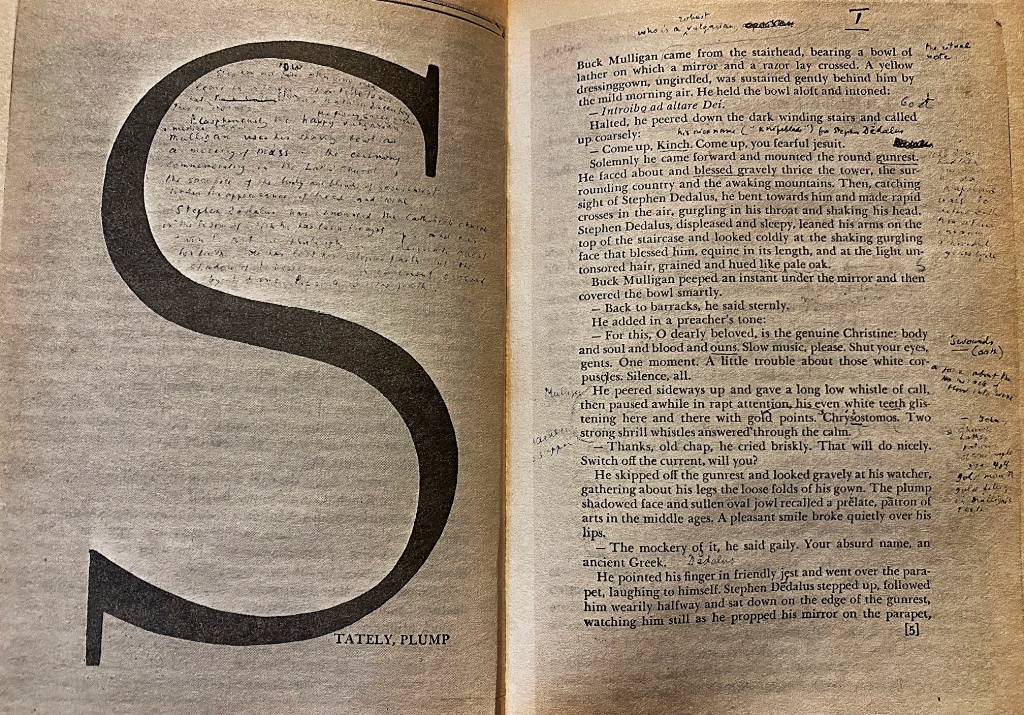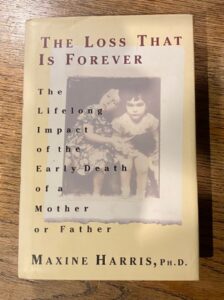Why Bitcoin is bad for the environment

And a serious Bitcoin-mining outfit will have hundreds if not thousands of these.
Source: a terrific presentation by Ron Ballard.
Quote of the Day
”Newspapers help you to forget the previous day.”
- Elias Canetti
Musical alternative to the morning’s radio news
Mark Knopfler | The Fish and the Bird | Live
Interesting to hear his take on an old Irish song.
Long Read of the Day
Omicron Has Created Two New COVID Attitudes –
COVID has always divided Americans, writes Derek Thompson in The Atlantic. But the Omicron wave is even dividing the vaccinated.
A nice exploration of the paradoxes uncovered by the pandemic.
To understand how ideologically scrambling the Omicron wave has been, consider this: Some 2022 Democrats are sounding like 2020 Republicans. In spring 2020, many Republicans, including President Donald Trump, insisted that COVID was hardly worse than the flu; that its fatality risk was comparable to an everyday activity, like driving in a car; and that an obsessive focus on cases wouldn’t give an accurate picture of what was going on in the pandemic.
In the current Omicron wave, these Republican talking points seem to have mostly come true —for most vaccinated non-senior adults, who are disproportionately Democrats.
He draws a comparison between two tribes: the ‘Vaxxed and Done’ crowd, and the ‘Vaxxed and Cautious’ lot. He’s not quite sure when he fits on that spectrum. Me neither.
So how about reading it and deciding where you are?
Lost Time: remembering Proust (and others)

I was struck by an intriguing volume published by New York Review Books three years ago. Here’s the background:
During the Second World War, as a prisoner of war in a Soviet camp, and with nothing but memory to go on, the Polish artist and soldier Józef Czapski brought Marcel Proust’s In Search of Lost Time to life for an audience of prison inmates. In a series of lectures, Czapski described the arc and import of Proust’s masterpiece, sketched major and minor characters in striking detail, and movingly evoked the work’s originality, depth, and beauty. Eric Karpeles has translated this brilliant and altogether unparalleled feat of the critical imagination into English for the first time, and in a thoughtful introduction he brings out how, in reckoning with Proust’s great meditation on memory, Czapski helped his fellow officers to remember that there was a world apart from the world of the camp. Proust had staked the art of the novelist against the losses of a lifetime and the imminence of death. Recalling that triumphant wager, unfolding, like Sheherazade, the intricacies of Proust’s world night after night, Czapski showed to men at the end of their tether that the past remained present and there was a future in which to hope.
The volume includes an 8-page colour insert of Czapski’s lecture notes. Here’s one:

I was immediately reminded of Vladimir Nabokov’s wonderful Lectures on Literature, which I devoured decades ago. As an engineering student I found them a riveting and illuminating approach to authors of whom I knew little — Flaubert, for example, Proust and Kafka. So I dug out the battered copy that still stands on my bookshelves — and of course was immediately lulled into re-reading his lecture on Joyce’s Ulysses. Here’s a photograph of his annotated copy.

Is it any wonder that no work is being done around here? I was supposed to be doing my tax return.
Long-term impacts of childhood bereavement
My excerpt from Simon Kuper’s memorable piece about the wider impacts of the higher mortality rates of unvaccinated people rang bells. One reader emailed that:
Kuper’s observation that ‘bereaved children are often cast into depression’ struck a chord with me. My father was 11 or 12 when both his parents died of flu in 1918, and despite all his efforts to counter it, depression was with him all his adult life until he died too soon at 69.

It rang bells for me too. We’ve had experience of this in our family and, coincidentally, I’d been reading Maxine Harris’s book about childhood bereavement and had come on two recent academic articles — “The Burden of Bereavement: Early-Onset Depression and Impairment in Youths Bereaved by Sudden Parental Death in a 7-Year Prospective Study” and ” Persistent Impairment: Life After Losing a Parent”.
I’ve often thought that the worst thing that can happen to a parent is having to bury a child; and the worst thing that can happen to a child is having to bury a mother or a father. We’ve had both in my extended family.
My paternal grandparents, who were modest farmers in rural Ireland, lost three children in a single year (1921). As you can imagine, the family burial plot in Connemara can be a sobering place to visit.
My commonplace booklet
From Noah Smith:
“For a future to feel optimistic, it should feature the following elements:
-
Material abundance
-
Egalitarianism — broadly shared prosperity, relatively moderate status differences, and broad political participation
-
Human agency — the ability of human effort to alter the conditions of the world…”
How many of these does digital tech, as currently owned and managed, promise?
This Blog is also available as a daily email. If you think that might suit you better, why not subscribe? One email a day, Monday through Friday, delivered to your inbox. It’s free, and you can always unsubscribe if you conclude your inbox is full enough already!
